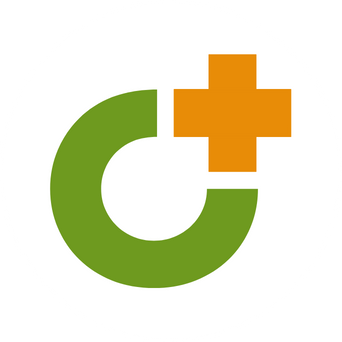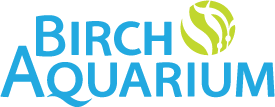Understanding the Barriers: Why Do Parents Hesitate to Turn in Health Forms
8 min read | Published November 20, 2023
Understanding the Barriers: Why Do Parents Hesitate to Turn in Health Forms
8 min read | Published November 20, 2023

By DocNetwork

By DocNetwork

By DocNetwork
For youth-serving organizations, ensuring the health and safety of campers and students is paramount. A crucial tool in this endeavor is health forms that provide essential insights into a participant’s medical history, allergies, medications, and more. Yet, despite the clear importance of these forms, many organizations encounter a recurring challenge: parents often delay or refrain from turning them in.
At first glance, it might seem like a simple case of forgetfulness or procrastination. However, digging deeper, there are myriad of reasons – many being deeply personal and rooted in genuine concerns – that make parents hesitant. Let’s explore some of these reasons to better understand and address them empathetically.
Reason #1: Data Privacy Concerns
In our increasingly digital age, data privacy is a hot topic. Parents may worry about who will have access to their child’s sensitive health information and how it will be used. The fear that personal data might be mishandled, lost, or even misused can make parents cautious.
Reason #2: Fear of Stigmatization
Parents might worry that if they disclose certain health conditions, like mental health issues or learning disabilities, their child might be treated differently or singled out. This fear can stem from past experiences, societal prejudices, or simply the desire to protect their child from any potential bias.
Reason #3: Uncertainty About the Intent
Without clear communication, parents might not understand the true purpose of these health forms. They might question why certain information is required and how it will benefit their child’s health and safety in the camp environment.
Reason #4: Fear of Legal or Immigration Issues
For immigrant families, there might be a fear that revealing certain health conditions could adversely affect their legal status or lead to unwarranted attention from authorities. They might worry that sharing too much might put them or their child at risk.
Reason #5: Concerns Over Camp’s Medical Competence
A recent incident where a child was mistakenly given the wrong medication by a staff member might make parents wary. They may question whether the organizaion has the necessary medical competence to handle their child’s unique health needs.

Reason #6: Previous Negative Experiences
A negative past experience related to health disclosures might make parents hesitant. This could range from inadvertent disclosure of sensitive information to negative reactions from staff or peers.
Reason #7: Cultural or Personal Beliefs
A negative past experience related to health disclosures might make parents hesitant. This could range from inadvertent disclosure of sensitive information to negative reactions from staff or peers.
Reason #8: Overwhelming & Complex
Health forms can sometimes be detailed and complex. Parents, especially those with multiple children or those juggling numerous responsibilities, might feel overwhelmed by the task. This can result in unintentional delays or omissions.
Understanding these underlying concerns and fears can help camp staff approach the situation with empathy and compassion. It’s not about pointing fingers, but rather fostering an environment of trust and collaboration.
So, what can staff do?
- Clear Communication: Clearly articulate the purpose of health forms and reassure parents about data privacy and access controls.
- Cultural Sensitivity: Recognize and respect cultural differences and beliefs, ensuring parents feel seen and heard.
- Open Dialogue: Offer avenues for parents to voice their concerns, whether through one-on-one discussions, open forums, or suggestion boxes.
- Educational Initiatives: Organize informational sessions that highlight the importance of health forms and address common concerns.
- Ensure Data Security: Regularly update and communicate about the measures taken to ensure data privacy and security.

Conclusion
While health forms are undeniably crucial, it’s essential to approach the challenges associated with them from a place of understanding. By recognizing and addressing parental concerns head-on, camp leaders can foster stronger partnerships with families, ensuring the well-being and safety of every participant.
Let us show you why over
1,250 programs nationwide
choose CampDoc.
Schedule a Demo Today!


